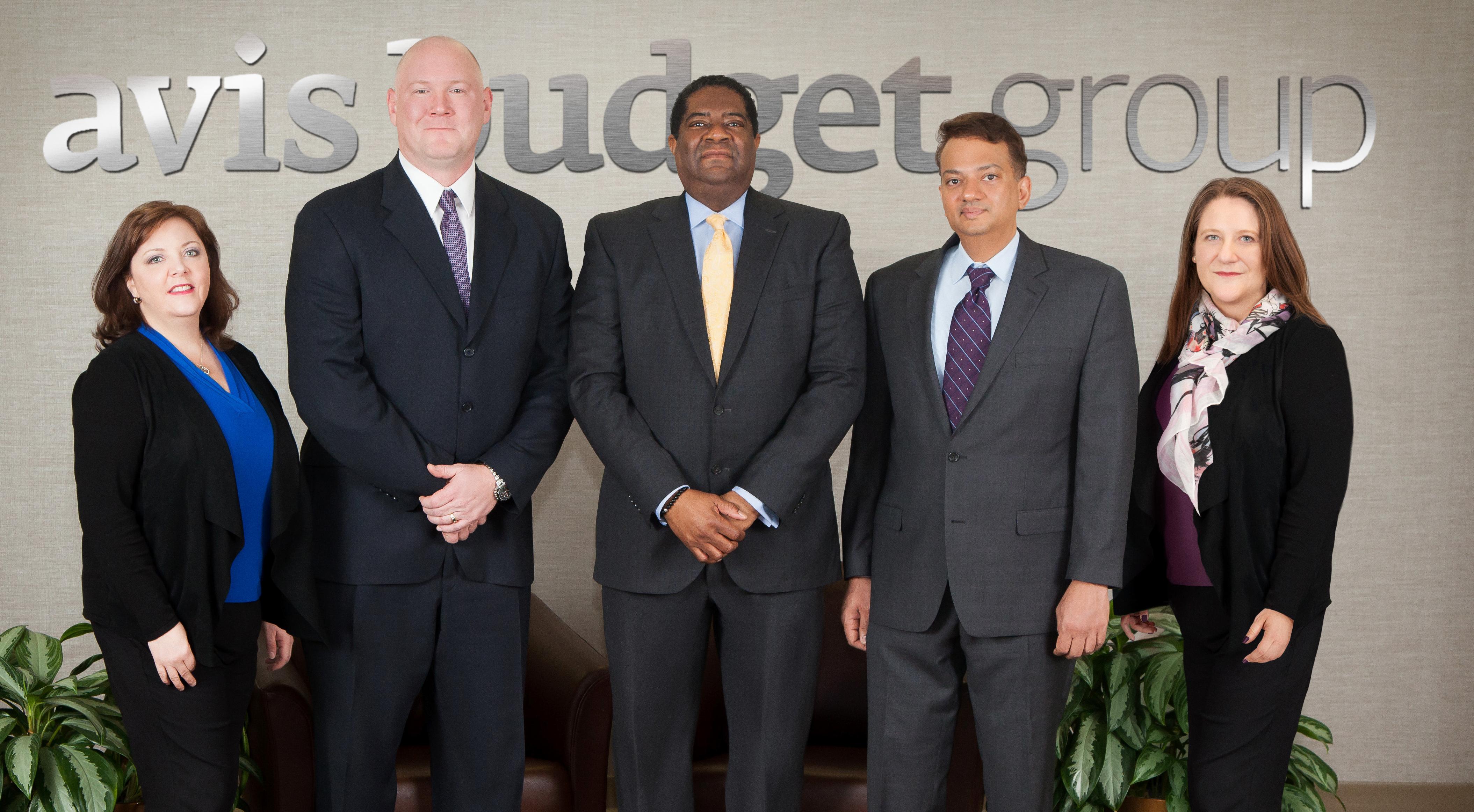Disaggregation + Convergence = Transformation
By Jennifer J. Salopek
When General Counsel Michael Tucker took the helm of the legal department at Avis Budget Group in 2010, he found "chaos": a company using almost 700 law firms globally, often hired by local managers at the mobility company that includes such brands as Avis, Budget, Payless and ZipCar. "It was almost impossible to get my arms around the legal budget," says Tucker, who heads up a department of about 30 attorneys. Further, there was little appetite within the business to spend the time and money to get things under control. But in 2014, everything changed: The company adopted a zero-based budget policy that required a justification for everything in a department's budget. A closer examination of spend revealed many inefficiencies, not the least of which was that ABG was paying 71 percent of its outside litigation spend for partner time. "We also discovered that we were outsourcing a lot of legal work, not because we were lacking the skill set but because we were lacking the bandwidth," says Tucker, who subsequently hired six new attorneys to allow for the strategic insourcing of certain legal work.
Linda Rush, Bryon Koepke, Michael Tucker, Vivek Hatti, Gail Jones
The foundation was laid for an innovative law firm convergence program, coupled with strategic insourcing and new legal operations capabilities, that collectively transformed the department and has changed the way ABG lawyers view themselves and their clients think about the legal team, Tucker says. A disaggregation exercise separated legal work into three tiers according to its complexity and level of exposure:
- Cream: high legal and financial exposure, with relatively low volume and frequency
- Core: medium to high legal and financial exposure, with significant volume and regular frequency
- Commodity: low to medium legal and financial exposure with high volume and frequency.
In 2015, ABG began its yearlong legal transformation effort using a multistep process:
- A pre-RFP package went to over 130 firms, asking law school-type scenario questions: how the firm would solve and staff a matter, use technology, and apply innovative strategies. "We were focused on the firm's use of technology, a culture that supports innovation, and a client satisfaction orientation," Tucker says.
- An RFP was then issued to approximately 45 firms based on how they performed in step 1, which evaluated the firms on such factors as rates, quality, location, use of technology, innovation, proactive counseling and subject matter expertise. "We also turned the focus back on the firms and asked how they were using technology and innovation to improve their own operations," says Bryon Koepke, senior vice president and chief securities counsel. "We wanted risk-takers and partners that would be willing to work with us to create a new model for managing the law firm/in-house relationship."
- The ABG team conducted three-hour, in-person interviews in New York or London with 17 firms, focused on the firm's culture, legal project management skills, attention to client satisfaction, communications practices, commitment to diversity, and demonstrable impact resulting from the legal services. "We were also interested in their willingness to partner and share proprietary technology with other panel firms," says Linda Rush, privacy officer and assistant general counsel. Ultimately, seven panel firms were selected.
The ABG team then turned to consulting firm RGP Legal to create a groundbreaking outside counsel engagement model using a wide range of creative alternative fee arrangements. ABG sets Global Target Rates for each panel firm, incentivizing each firm to leverage its use of partner/associate/legal process outsourcer time and technology to manage its own profit margins. Cream projects are generally paid using global target rates that are customized for each panel firm; Core projects also include customized global target rates for this tier of work, but make more use of matter-specific alternative fee arrangements, including combinations of collars, caps, fixed and conditional fees; and Commodity projects also use customized global target rates for this tier of work, as well as volume-based fixed fees with incentives for developing efficiencies. ABG also establishes incentives for firms that successfully complete projects that contribute to ABG's strategic operational goals.
"ABG was the originator of this approach. We have never seen a program like this one," says Suzanne Hawkins, managing director at RGP Legal. "It really opened our eyes to a new way to manage outside counsel."
Since inception, ABG has been measuring fees, rates, budget compliance, use of project plans, number of matters handled, and so forth. For 2016, the program returned over 30 percent savings on ABG's annual legal spend.
